
So, here you are. How’d that happen? Did a little bird send you? A Philosophy of Enjoyment? You’re kidding, right? Sounds like an excuse to misbehave (think salacious and audacious), but then, maybe you are depressed or anxious or flummoxed by existence or know someone who is, so you did a Google search looking for answers and stumbled upon a Philosophy of Enjoyment.
What? It happens.
Maybe, if you are receptive to what is presented by a relative far, far removed (meaning, yours truly, there’s no ChatGPT here), you’ll take it to heart, learn from it, laugh a bit and change your philosophy of life completely.
What? It happens.
Think about it: With 1.13 billion websites on the internet in 2023—82% of which are inactive—(source: Forbes Advisor), finding this site is like being hit by lightning.
And we all know how fun that is.
A Philosophy of Enjoyment addresses one problem: How does a person—like you and yours truly, for example, a person with a particular vantage point, with feelings, abilities, limitations and opinions; a person with an economic standing, living in multiple cultures, framed in a body, identifying with a gender or agender—how does such a person transcend, as in, go beyond or rise above a localized low-to-the-ground subjective perspective that’s possibly defective, addictive, depressive, sad, mad, or morose, so as to enjoy being alive and thinking to experience beauty, tranquility, sublimity and jocularity daily?
Moreover, how can a person transcend habituated thinking and what does transcendence have to do with enjoying a good life in a world rife with bedbugs? How does a person subjected to the unwelcome and unpleasant vicissitudes of life learn to see the world as beautiful and enjoyable with gratitude, without needing alcohol, edibles or anything? Is that even possible?
Of course it is. Transformation happens every day at sunrise. A new day, a new you. You decide who you’ll be and what you’ll do.
Cue music (to set the mood for transcendence and transformation):
Ancient Greek philosophers like Aristotle, Epicurus and Epictetus emphasized eudaimonia. That’s an old word without a modern equivalent. Maybe that’s because eudaimonia encourages virtues like prudence and moderation, both of which may be considered old-fashioned bummers.
Eudaimonia is a Greek word commonly translated as happiness or welfare but it literally means the state or condition of good spirit, as in, eu = good and daimonia = spirit.
But the word spirit causes people to think of ghosts and disembodied astral projections when what we’re really talking about is a feeling.
Epicurus (341-270 BCE) set up a school in his garden to study what makes people happy. After years of study he found that happiness requires tranquility, freedom from fear, absence of pain, friendship and connection.
Incidentally, the word paradise comes from a Persian word which means Walled Garden. “The notion of Paradise as a garden predates Islam, Judaism, Christianity and even the Garden of Eden. It stems from the Sumerian period 4000BC in Mesopotamia. Shade and water are two important elements of paradise” (The Beauty and Paradise of Gardens).
“Epicurus advocated living in such a way as to derive the greatest amount of pleasure possible during one’s lifetime, yet doing so moderately in order to avoid the suffering incurred by overindulgence in such pleasure” (Wikipedia).
It’s unfortunate, however, that pleasure is viewed with suspicion because it’s the excuse used for bad behaviour by the likes of sexual predators, traffickers and rude scoff-laws in loud cars who are all about their personal pleasure at the expense of others.
Epicurus wrote, “It is impossible to live a pleasant life without living wisely and well and justly. And it is impossible to live wisely and well and justly without living a pleasant life” (Classical Wisdom).
When a pleasure takes hold, however, if one isn’t careful, one may want more and more. Those who are addicted to a pleasure may no longer be willing participants. Sometimes we all think it would be nice if things were different. We might wish our self to be different. Those without religious affiliation might even wish there was more to life than a scientific explanation.

The philosopher Baruch Spinoza (1632-1677) said that God is nature, and, as you may have heard, psychological studies show, “People who are more connected with nature are happier, feel more vital, and have more meaning in their lives” (see: “How Modern Life Became Disconnected From Nature“, The Greater Good Magazine).
Philosopher Jonathan Rée (born 1948) said that Spinoza advised us to, “look with an attitude of love and reverence on the natural world as a whole and perhaps even yourself as a part of it… insofar as we’re irrational we’re divided, insofar as we’re rational we are united… freedom is not a matter of getting what you like. Freedom is learning to like what is rational to like” (Spinoza’s Ethics).
Happiness is in our nature (Springer Link). We just might not see it. We probably did as kids, but maybe not anymore (see also: Breathe in the air (and enjoy)). Happiness is available no matter who you are or what the situation. It takes a way of thinking that’s optimistic and a heart that is open without needing surgery.
Unless you are very young, you’ve probably realized that by living, time passes, and what’s happening now will become a mental movie which may or may not have occurred as remembered. The band OK Go put it this way: “… You know you can’t keep lettin’ it get you down, And you can’t keep draggin’ that dead weight around. If there ain’t all that much to lug around, Better run like hell when you hit the ground… When the morning comes” (“This Too Shall Pass”, 2010).
This is the end. Look at all angles and both ways too! March on. Think rational and love the world you’re in to make it even better (see also: Knowledge, Wisdom, Insight and Enjoyment).
Enjoy it. It’s for you.
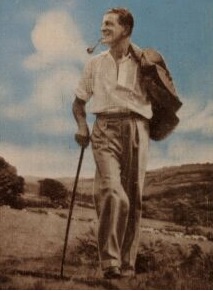
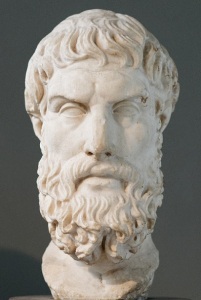
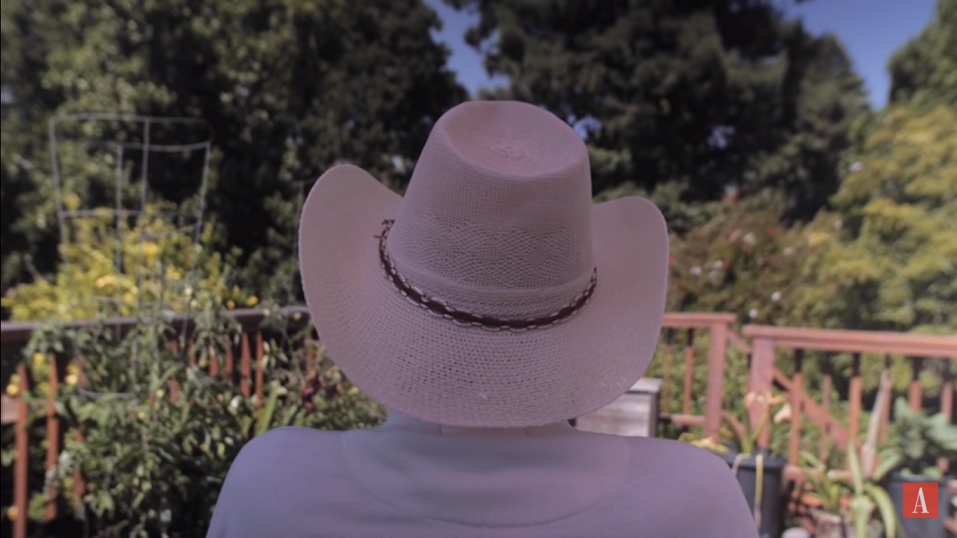
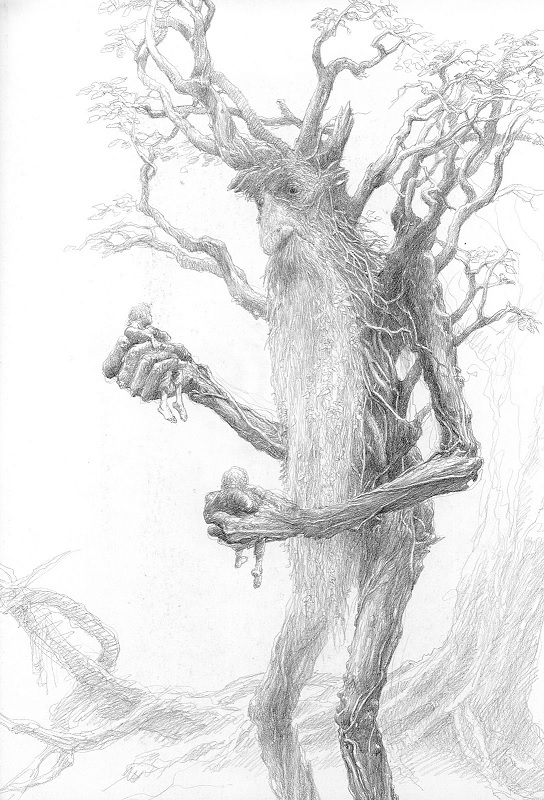
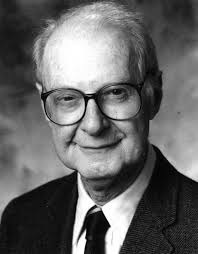

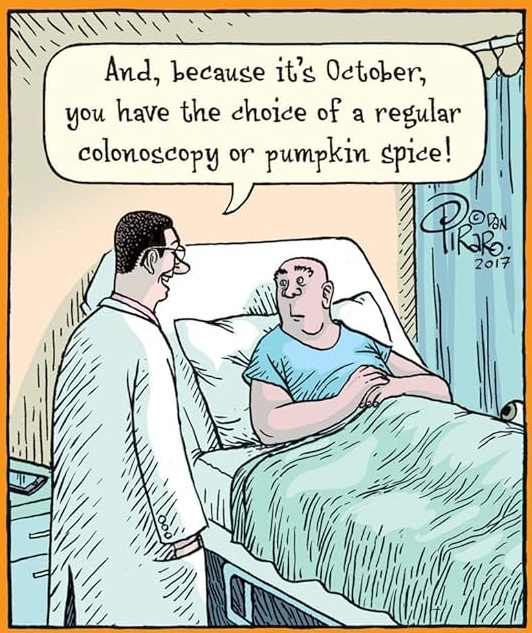
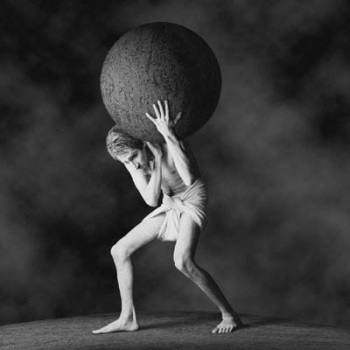
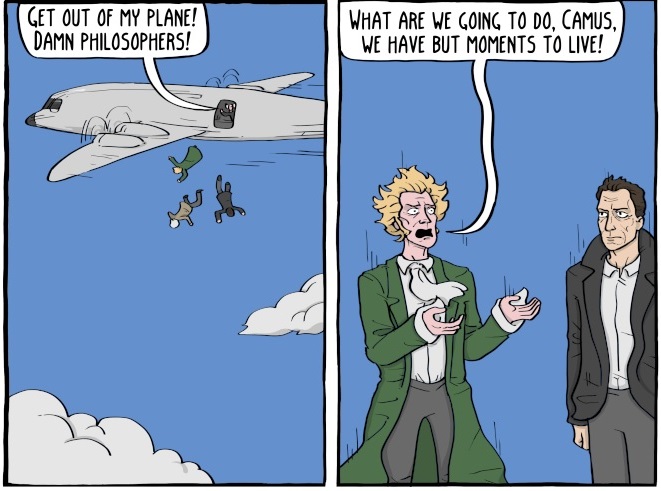
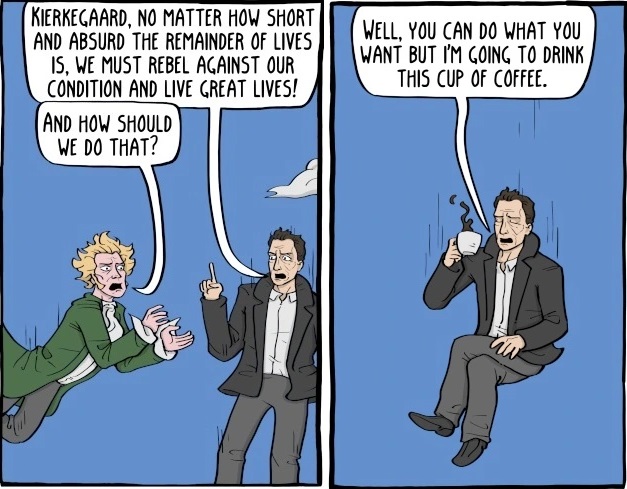
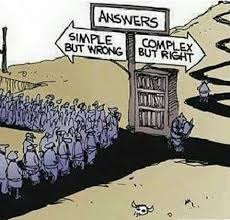
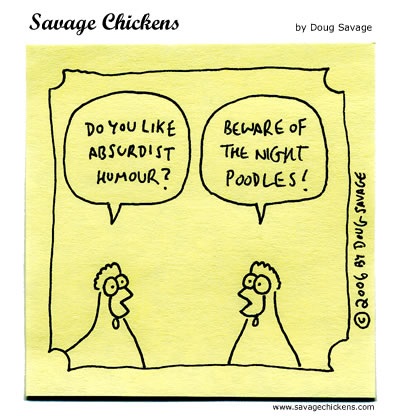

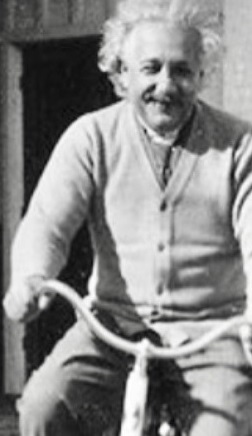







 The battle goes on beneath the surface of consciousness. That’s why you sometimes say, “Why did I do that? Did I say that? That wasn’t me.” Like everybody, you’re under a misconception. You think you know what influences you and how those influences affect you.
The battle goes on beneath the surface of consciousness. That’s why you sometimes say, “Why did I do that? Did I say that? That wasn’t me.” Like everybody, you’re under a misconception. You think you know what influences you and how those influences affect you. First you have a feeling, then you make up something to explain that feeling. The explanation becomes a label. The label is declared true. It influences you. You become a self-fulfilling prophecy primed by what you do.
First you have a feeling, then you make up something to explain that feeling. The explanation becomes a label. The label is declared true. It influences you. You become a self-fulfilling prophecy primed by what you do. But it isn’t.
But it isn’t.

 There’s nothing you must do. There’s no mountain you must climb. Success and failure don’t matter. Just contentment. Contentment is not death! Contentment is bliss! In dictionaries contentment and happiness are interchangeable.
There’s nothing you must do. There’s no mountain you must climb. Success and failure don’t matter. Just contentment. Contentment is not death! Contentment is bliss! In dictionaries contentment and happiness are interchangeable. It’s all in how you frame it. What’s your spin on things? How do you see yourself? Is life bliss-filled or disasterous? You decide. You choose. It’s simple really. Nothing to it. Live a pleasant life by living wisely, justly and well (Epicurus). And yet, living a pleasant life can be difficult when you’re with a species hell-bent on making the earth a landfill.
It’s all in how you frame it. What’s your spin on things? How do you see yourself? Is life bliss-filled or disasterous? You decide. You choose. It’s simple really. Nothing to it. Live a pleasant life by living wisely, justly and well (Epicurus). And yet, living a pleasant life can be difficult when you’re with a species hell-bent on making the earth a landfill. In 1982 when Alice Cooper (aka Vinnie Furnier) sang, “We’re all clones. All are one and one are all” (
In 1982 when Alice Cooper (aka Vinnie Furnier) sang, “We’re all clones. All are one and one are all” (
 Framing is a bias towards a given choice depending how it’s presented. It’s how the cover of a book influences your judgement. Framing moves you to react in certain ways based on how your brain makes comparisons between loss/gain, good/bad, half-full/half-empty. In framing you decide what’s important.
Framing is a bias towards a given choice depending how it’s presented. It’s how the cover of a book influences your judgement. Framing moves you to react in certain ways based on how your brain makes comparisons between loss/gain, good/bad, half-full/half-empty. In framing you decide what’s important.

 “Transcend” comes from Latin trans-, meaning “beyond,” and scandare, meaning “to climb” (
“Transcend” comes from Latin trans-, meaning “beyond,” and scandare, meaning “to climb” ( On a cold winter’s night long ago an old man sits happy by a fire. He enjoys warming himself after a difficult day and realizes with surprise how fantastic he feels.
On a cold winter’s night long ago an old man sits happy by a fire. He enjoys warming himself after a difficult day and realizes with surprise how fantastic he feels.
 As he pours wine for he and his friend, the old man realizes that the whole struggle he’s had has always been between himself and the pressure of his experience to enjoy or not enjoy life. That is the battle we all wage, but now he knows that there is no need for such a struggle to prevent him from enjoying life because he can enjoy the struggle itself!
As he pours wine for he and his friend, the old man realizes that the whole struggle he’s had has always been between himself and the pressure of his experience to enjoy or not enjoy life. That is the battle we all wage, but now he knows that there is no need for such a struggle to prevent him from enjoying life because he can enjoy the struggle itself! The old man who earlier saw without seeing now disappears in seeing! He no longer is in a room with a friend and a fire as a cold wind blows outside. He is the room! He is his friend! He is the fire! He is the cold wind that blows up to the stars! The old man has broken free! In this act of imagination he feels no separation.
The old man who earlier saw without seeing now disappears in seeing! He no longer is in a room with a friend and a fire as a cold wind blows outside. He is the room! He is his friend! He is the fire! He is the cold wind that blows up to the stars! The old man has broken free! In this act of imagination he feels no separation. Nothing hurts. Nothing disturbs. He smells the smoke and hears the stew simmer. He feels the weight of his beautiful hat on his head. He touches his shirt with gnarled fingers and feels nothing but love for all that is and was.
Nothing hurts. Nothing disturbs. He smells the smoke and hears the stew simmer. He feels the weight of his beautiful hat on his head. He touches his shirt with gnarled fingers and feels nothing but love for all that is and was. Poet John Keats (1795-1821) called it “the empathic entrance into essence.” He writes in
Poet John Keats (1795-1821) called it “the empathic entrance into essence.” He writes in  Without imagination and attention our senses are filtered through self-thought. Every “thing” is a “think.” Thought can distract us from the enjoyment of living in the same way that looking down texting on an iPhone as we walk can take us unknowingly into the path of an oncoming truck!
Without imagination and attention our senses are filtered through self-thought. Every “thing” is a “think.” Thought can distract us from the enjoyment of living in the same way that looking down texting on an iPhone as we walk can take us unknowingly into the path of an oncoming truck!



 You see, it’s because of our brains. We either over-think and make it complicated, we under-think and act on insane urges or we multi-task and miss everything.
You see, it’s because of our brains. We either over-think and make it complicated, we under-think and act on insane urges or we multi-task and miss everything. Our brains send messages. Sometimes these messages are destructive—ask anyone in therapy, rehab, prison or who is about to blow himself up. Not only do we deceive ourselves, other people trick us with their deceptions and w can become like pawns in the game of life, sacrificed for someone else’s idea of enjoyment.
Our brains send messages. Sometimes these messages are destructive—ask anyone in therapy, rehab, prison or who is about to blow himself up. Not only do we deceive ourselves, other people trick us with their deceptions and w can become like pawns in the game of life, sacrificed for someone else’s idea of enjoyment. Picture brain messages symbolically like they do in cartoons with a devil-you and an angel-you on each shoulder arguing their case for you to decide (see
Picture brain messages symbolically like they do in cartoons with a devil-you and an angel-you on each shoulder arguing their case for you to decide (see  On one side are symbols of light, innocence and wholesomeness (sappy?) and on the other, just the opposite (exciting?). In the battle between it comes down to focus. What do you choose to enjoy?
On one side are symbols of light, innocence and wholesomeness (sappy?) and on the other, just the opposite (exciting?). In the battle between it comes down to focus. What do you choose to enjoy? Do you take the gentle path of life as represented in Wordsworth’s poem, “I wandered lonely as a cloud; That floats on high o’er vales and hills; When all at once I saw a crowd; A host, of golden daffodils“? Or is that boring? “
Do you take the gentle path of life as represented in Wordsworth’s poem, “I wandered lonely as a cloud; That floats on high o’er vales and hills; When all at once I saw a crowd; A host, of golden daffodils“? Or is that boring? “ Do you prefer your entertainment on the excitingly evil side? How about delightful depravity and edgy cruelty that’s funny too? What’s your pleasure? Do you choose a quiet read, a walk in the park, a pint with a friend, or ‘gorified’ death in a Zombie Apocalypse?
Do you prefer your entertainment on the excitingly evil side? How about delightful depravity and edgy cruelty that’s funny too? What’s your pleasure? Do you choose a quiet read, a walk in the park, a pint with a friend, or ‘gorified’ death in a Zombie Apocalypse? Wholesome isn’t a word used much these days. It alludes to marketing all-natural breakfast cereals and family values but back in the year 1200 wholesome meant “of benefit to the soul.” It comes from the word “whole” meaning “healthy” (undamaged, entire, safe) and “-some” meaning “tending to” (
Wholesome isn’t a word used much these days. It alludes to marketing all-natural breakfast cereals and family values but back in the year 1200 wholesome meant “of benefit to the soul.” It comes from the word “whole” meaning “healthy” (undamaged, entire, safe) and “-some” meaning “tending to” (


 Let’s get trippy (hippy talk for cool, freaky and groovy). Rather than think of your life in practical terms with all its aches, pains and frustrations, perceive the enjoyment of your life as somewhere between the eternal (not ending) and temporal (ending). It’s easy, just perceive life from multiple vantage points.
Let’s get trippy (hippy talk for cool, freaky and groovy). Rather than think of your life in practical terms with all its aches, pains and frustrations, perceive the enjoyment of your life as somewhere between the eternal (not ending) and temporal (ending). It’s easy, just perceive life from multiple vantage points.
